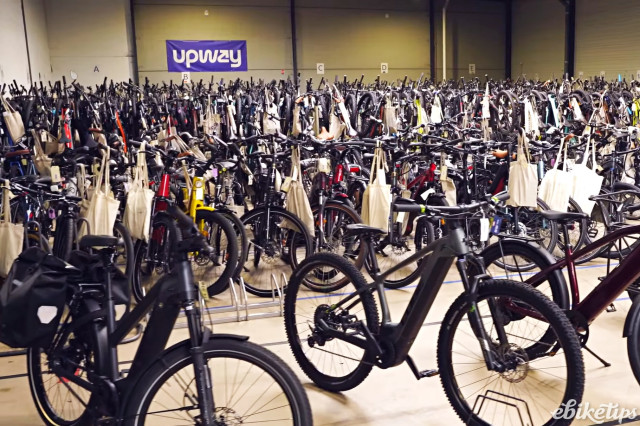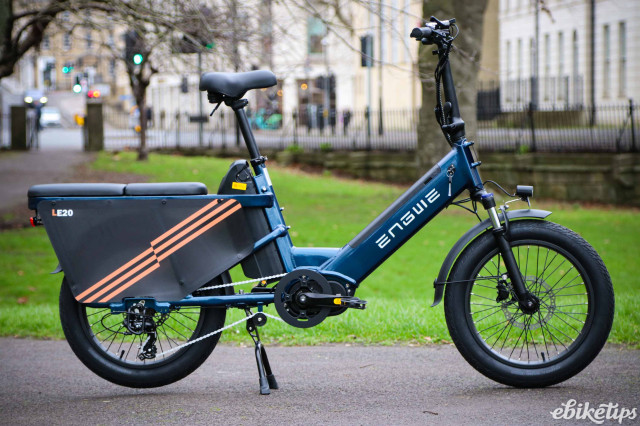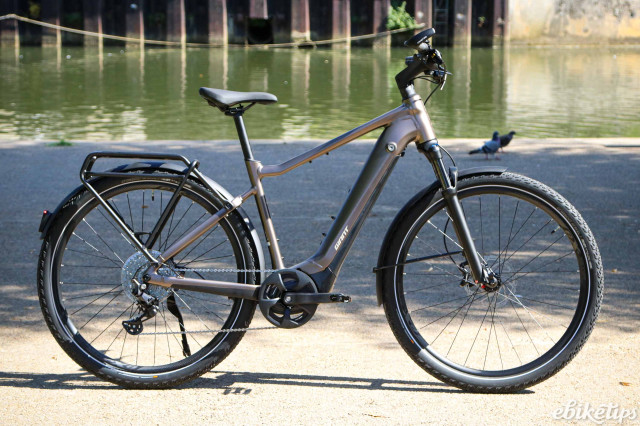To unlock a Lime e-bike or e-scooter, users of the share scheme scan a QR code. However, London vandals have reportedly been rendering vehicles unusable by peeling the stickers off.
Some believed that a handful of users were removing the labels in a bid to keep individual bikes available for their own use.
However, Lime told the BBC that its data showed this wasn’t generally the case and that mostly it was just instances of vandalism.
> You can now report abandoned Lime e-bikes and e-scooters using what3words
So exactly what strategies can you turn to when your business model hinges on leaving your vehicles out accessible to anyone?
You can “deploy protective covers” of course.
"We have clear steps in place to prevent QR code vandalism, including deploying protective covers on all vehicle codes,” said a spokesperson.
So basically they’re putting plastic over them.
The spokesperson added: "By creating a safe and reliable service in London, we are ensuring we have a long-term impact on improving congestion and air pollution in the city we love."
US-based Lime first launched in the UK in London and Milton Keynes and has since rolled out a fleet in Greater Manchester where a previous bikeshare scheme, run by Mobike, was abandoned due to theft and vandalism in 2018.
Mirroring a recent trend seen in other schemes, Lime says that use of its e-scooters in Manchester has increased by 40 per cent during the fuel crisis, while e-scooter and e-bike use in London is up by 20 per cent.






